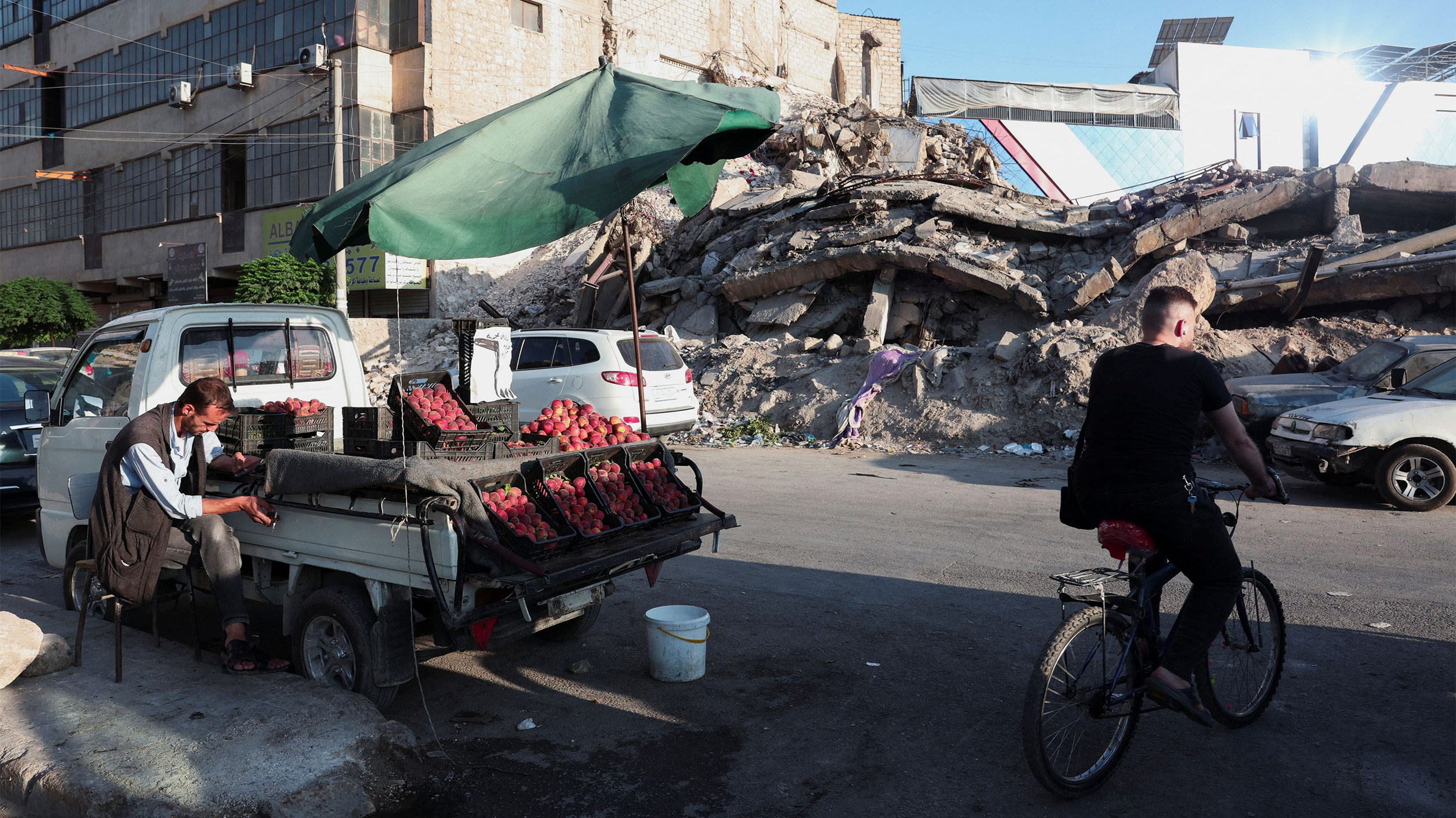Between the Legacy of Destruction and the Possibilities of Revival: How Will the Syrian Economy Restructure Itself

However, the fundamental difference between Germany and Syria is the political and international context; Germany was under a single authority, while Syria suffers from political and geopolitical divisions that hinder stability, and the international environment was supportive of Germany, whereas Syria remains a battleground for regional and international conflict.
Natural resources such as oil, gas, agriculture, or young labor will not be enough to save the Syrian economy due to the collapse of trust in institutions, and due to international sanctions that hinder foreign investment and remittances from expatriates. In addition to the brain drain, where more than 12 million Syrians have emigrated, including thousands of doctors and engineers. Besides the chronic corruption that was rampant in the previous regime, which weakens any attempt at real reform.
Despite the difficulties, economists believe that Syria has the potential for revival, but under conditions, foremost among them is reforming the monetary and banking system and restructuring the currency by linking the lira to a basket of currencies or strategic commodities. Working on reforming the central bank to stop inflation and restore trust. Restructuring debts through negotiations with creditors to ease burdens. And opening channels of communication with international organizations (such as the International Monetary Fund) to obtain technical and financial support.
Launching partnership projects between the public and private sectors in infrastructure and energy. Focusing on productive sectors such as agriculture, as Syria was the "breadbasket" of the Middle East, and this role can be restored. And industry through rehabilitating destroyed factories and investing in solar energy to compensate for the electricity shortage.
The German experience proves that countries can rise from the rubble, but Syria's conditions are tougher due to political division and the existence of areas outside Damascus's control and the lack of international consensus to support Syria compared to Europe's support for Germany and the continuation of geopolitical conflicts.
In fact, Syria has human and natural resources that allow it to recover, but success depends on reforming institutions and providing a stable environment free from armed conflict and genuine international support to restore trust and attract investments.